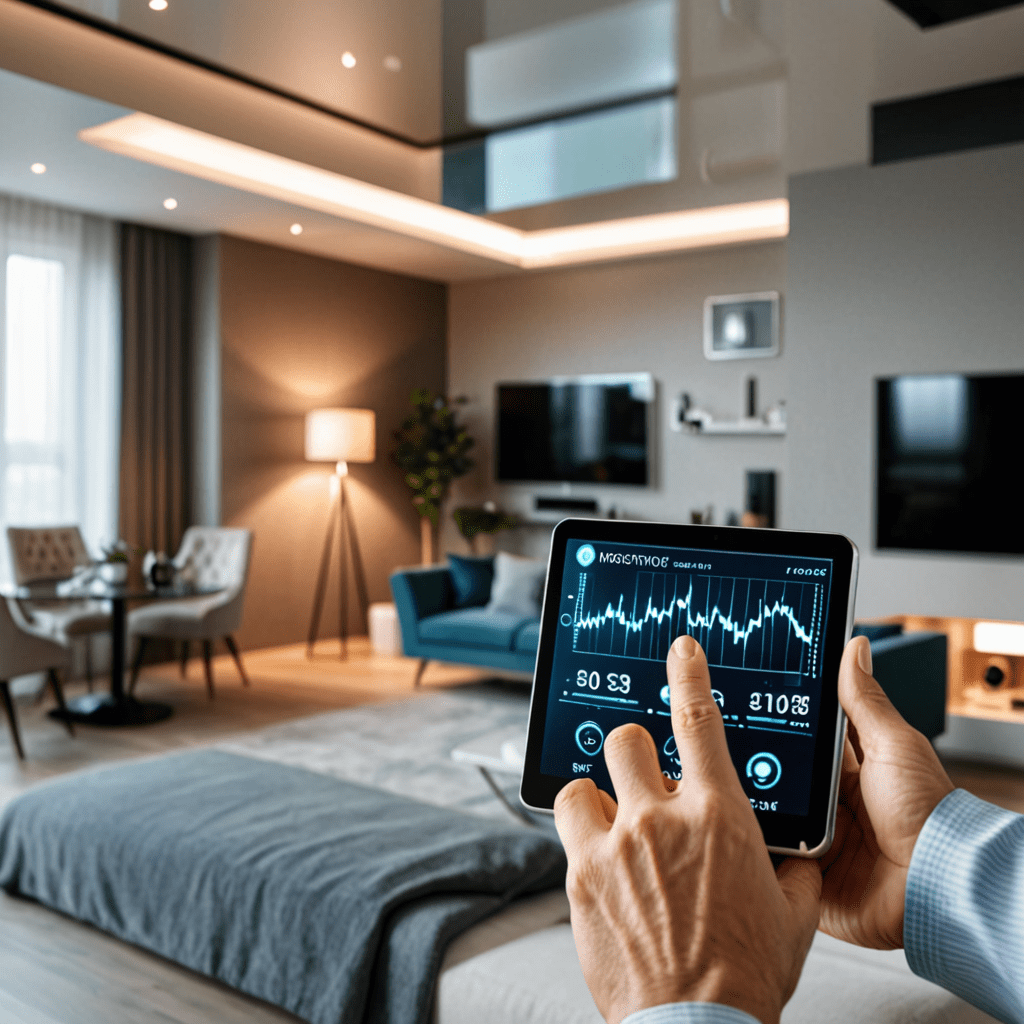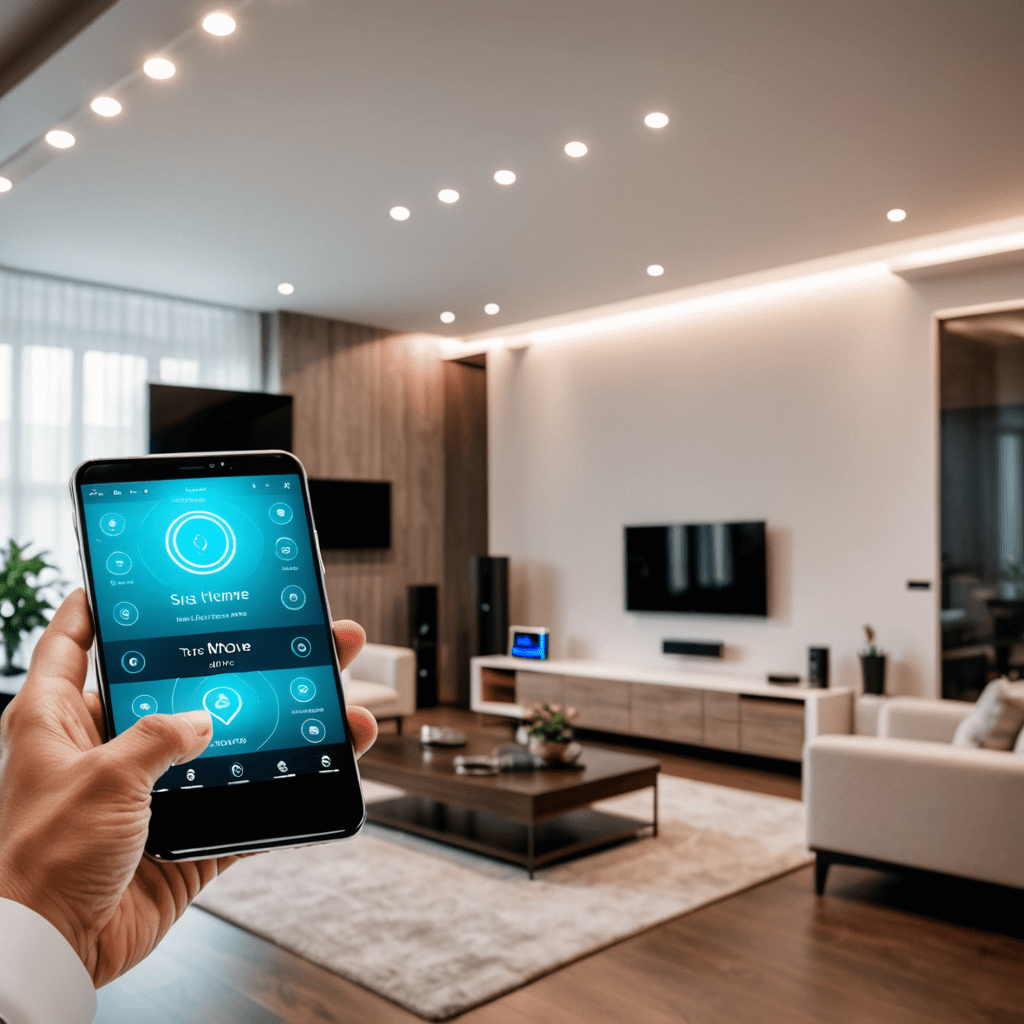
The Future of Smart Home Health Monitoring
Introduction
Smart home health monitoring is revolutionizing the way individuals manage their well-being within the comfort of their homes. By integrating technology and healthcare, these systems provide continuous monitoring and personalized insights for better health outcomes.
Benefits of Smart Home Health Monitoring
One key benefit of smart home health monitoring is the convenience it offers. Patients can track vital signs, medication adherence, and overall health metrics without frequent visits to healthcare facilities. Additionally, early detection of health issues through real-time monitoring can lead to timely interventions and improved health outcomes.
Integration of Wearable Technology
Wearable devices play a crucial role in smart home health monitoring. These devices, ranging from smartwatches to fitness trackers, collect data on various health parameters such as heart rate, sleep patterns, and activity levels. By syncing this data with smart home systems, users can gain a comprehensive overview of their health status.
Artificial Intelligence in Health Monitoring
The future of smart home health monitoring is heavily reliant on artificial intelligence (AI). AI algorithms can analyze vast amounts of health data to identify trends, detect anomalies, and provide personalized health recommendations. This predictive analytics approach can help individuals make informed decisions about their health.
Remote Patient Monitoring
Remote patient monitoring is a key component of smart home health systems, especially for individuals with chronic conditions or elderly patients. Healthcare providers can remotely monitor vital signs and intervene promptly if any abnormalities are detected. This proactive approach can prevent health complications and reduce hospitalizations.
Data Security and Privacy
As smart home health monitoring systems collect sensitive personal health data, ensuring data security and privacy is paramount. Strong encryption protocols, secure data storage, and adherence to healthcare regulations are essential to protect users’ confidential information and maintain trust in these technologies.
The Future Landscape
Looking ahead, the future of smart home health monitoring is promising. Advances in sensor technologies, AI algorithms, and interconnected devices will continue to enhance the effectiveness and usability of these systems. As the healthcare industry embraces digital innovations, smart home health monitoring is poised to play a significant role in preventive care and personalized medicine.
FAQ about the Future of Smart Home Health Monitoring
What is Smart Home Health Monitoring?
Smart Home Health Monitoring refers to the use of technology and devices within a home environment to track and manage an individual’s health and well-being. These devices can collect data on vital signs, activity levels, medication adherence, and more, providing valuable insights to both users and healthcare professionals.
How does Smart Home Health Monitoring work?
Smart Home Health Monitoring systems utilize sensors, wearables, and connected devices to gather real-time health data. This information is often transmitted wirelessly to a central hub or cloud-based platform where it can be analyzed. Users can access this data through apps or online portals, enabling them to monitor their health status remotely.
What are the benefits of Smart Home Health Monitoring?
Smart Home Health Monitoring offers numerous advantages, including early detection of health issues, personalized care plans, improved medication management, and enhanced convenience for users. These systems can also lead to better communication between patients and healthcare providers, ultimately leading to improved health outcomes.


